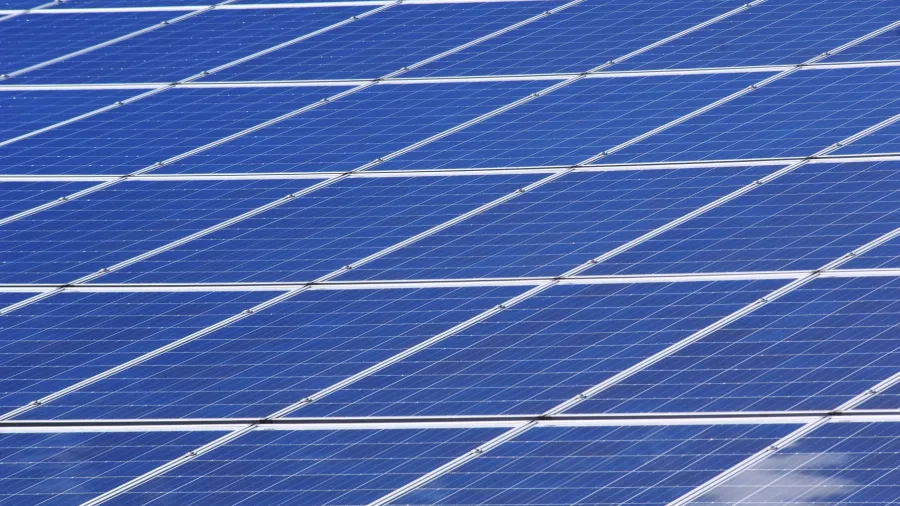
Tata Power unit’s group captive solar projects reach 1.4 GW
This raises the company’s RE portfolio to 7,961 megawatts.
Tata Power Renewable Energy Limited (TPREL) group captive projects capacity in India has exceeded 1.4 gigawatts (GW) in the last seven months following the signing of power delivery deals with various industries.
In a statement, the Tata Power subsidiary said some of the companies it collaborated with in the last six months included ata Steel, Tata Motors, Mukand Limited (a Bajaj Group company), Supreme Petrochem Limited, Xpro India Limited, Neosym Industry Limited, Chalet Hotels Limited, Sanyo Special Steel Manufacturing India Pvt. Ltd, ANAND Group, Endurance Technologies Limited.
ALSO READ: Tata Power names Deepesh Nanda as President-Renewables and CEO & MD of TPREL
The company will also build a 41-megawatt captive solar project for Tata Power’s 4.3 GW solar cell and module manufacturing facility in Tamil Nadu.
These developments bring the company’s total renewables capacity to 7,961 MW as of October, of which 4,206 MW are already in operation.
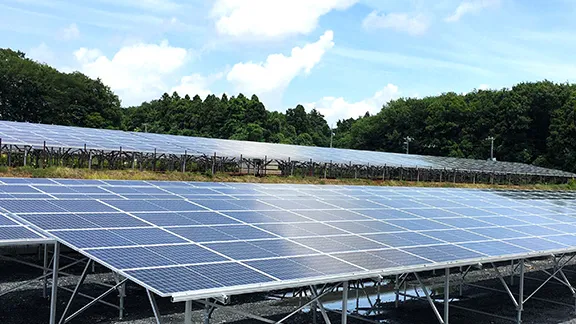
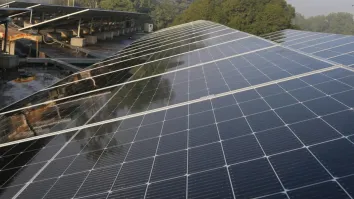
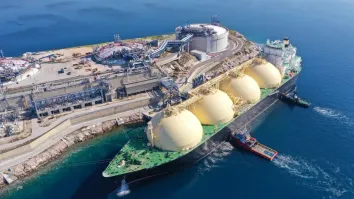

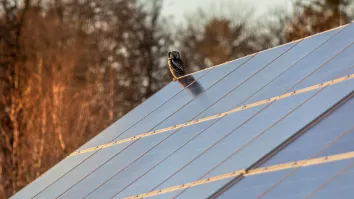













 Advertise
Advertise







